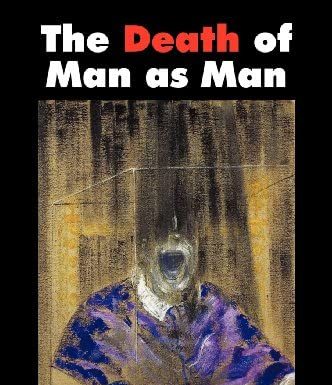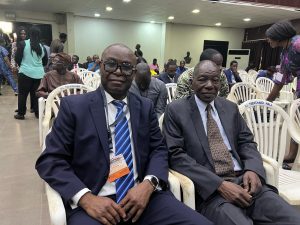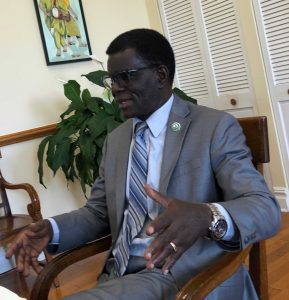By Osy Ekwueme
Christians possess a God-given wisdom that tells us not only that death is a sad and inevitable necessity but that it has a positive meaning.
After recent happenings, I started to reflect again on the Christian insight that makes death and life meaningful. It is wonderful if, over the years, people acquire wisdom that results in a meaningful life. It is even greater if by the evening of their life, persons have acquired the wisdom that helps them die a meaningful death. Physicians, nurses, priests, and ministers take special courses that train them to accompany terminal patients in their last difficult days and hours. But one thing is certain: if counselors of terminal patients must depend on human wisdom alone, they have a very difficult task in making the apparent absurdity of death meaningful.
We Christians possess a God-given wisdom that tells us not only that death is a sad and inevitable necessity but that it has a positive meaning. For faithful people, life is changed, not ending. Nothing is surer than that all of us are born to die. Many dictionaries define death as “the extinction or cessation of life” or as “ceasing to be”. Life itself is notoriously difficult to define—and as everyone tends to think of things in terms of what is known—the problems in defining death are immediately apparent. The most useful definitions of life are those that stress function, whether at the level of physiology, molecular biology and biochemistry, or genetic potential. Death should be thought of as the irreversible loss of such functions.
In traditional medical education, the “beating-heart cadavers” were, of course, familiar to the observant long before the days of intensive care units. A photograph of a public decapitation in a Bangkok square in the mid-1930s illustrates such a case. The victim is tied to a stake, and the head severed, but jets of blood from the carotid and vertebral arteries in the neck show that the heart is still beating. Early in my career, I was the physician assigned by the government. to certify the deaths of armed robbers tied to stakes in a nearby cemetery in Enugu, Nigeria, in the mid- 1980s. Rains of bullets on them and blood gushing out. It is doubtful that anyone would describe the executed men as distinct from some of their organs-as still alive. Those gruesome examples stress three points: it reiterates the fact, admittedly from an unusual angle, that death is a process rather than an event; it emphasizes the fact that in this process there is a point of no return; and it graphically illustrates the difference between the death of the organism as a whole and the death of the whole organism. In thinking the implications through, one takes the first steps toward understanding brain death.
We must face death when it strikes our beloved ones, and finally when we are involved. We must leave everything behind us. We may try not to think of it. Some consider death as an absurdity. Others learn to handle this reality as an integral part of our condition. Am I, who came into being and grew into a person through my relationship with other human beings, doomed to break for always the very ties that made me the person I am? Well-known sculptors produced some striking individual tombstones in both ancient Greece and Rome, but it was medieval Christianity that gave real impetus to this practice, which can be thought of as an attempt to perpetuate among the living a vivid memory of the dead. The representation of death itself, usually personified in the form of a skeleton, seems to have developed on a large scale only in medieval Christian art.
We Christians are aware of faith that beyond death, we will be with God. We are also aware that at the moment of death, we are not always the kind of persons we should be for all eternity; hence, a process of purification follows death before we will share life with God, as promised. On this awareness, Christians base their ancient custom of praying for the deceased, that God may grant them the vision of his glory. Christians see death as the optimum opportunity for accepting God and full realization of oneself. Dying with Christ, Christians believe that they will arise with him. All Christians, not just physicians, nurses, and priests, should feel responsible for the suffering members of God’s people. As Christians, we are citizens of two cities. It is our task to make this world a better place for all of us. But we should never forget that our ultimate goal is life everlasting, “our citizenship in heaven”. Then, we will be somehow like the risen Lord Jesus. It is important for us to keep our faith alive in him. And if our faith is alive, it is a source of consolation whenever we face the mystery of death.
Although we are aging, we can continue to grow into even more beautiful persons, in spite of the fact that the agility and physical functions of our body decay. “You,” the person you make of yourself now will live forever. We should be able to share our wisdom of faith with a friend who knows that his/her sickness is terminal.
Semper Fidelis🙏
Osy Ekwueme MD, Ph.D.
WI.USA





